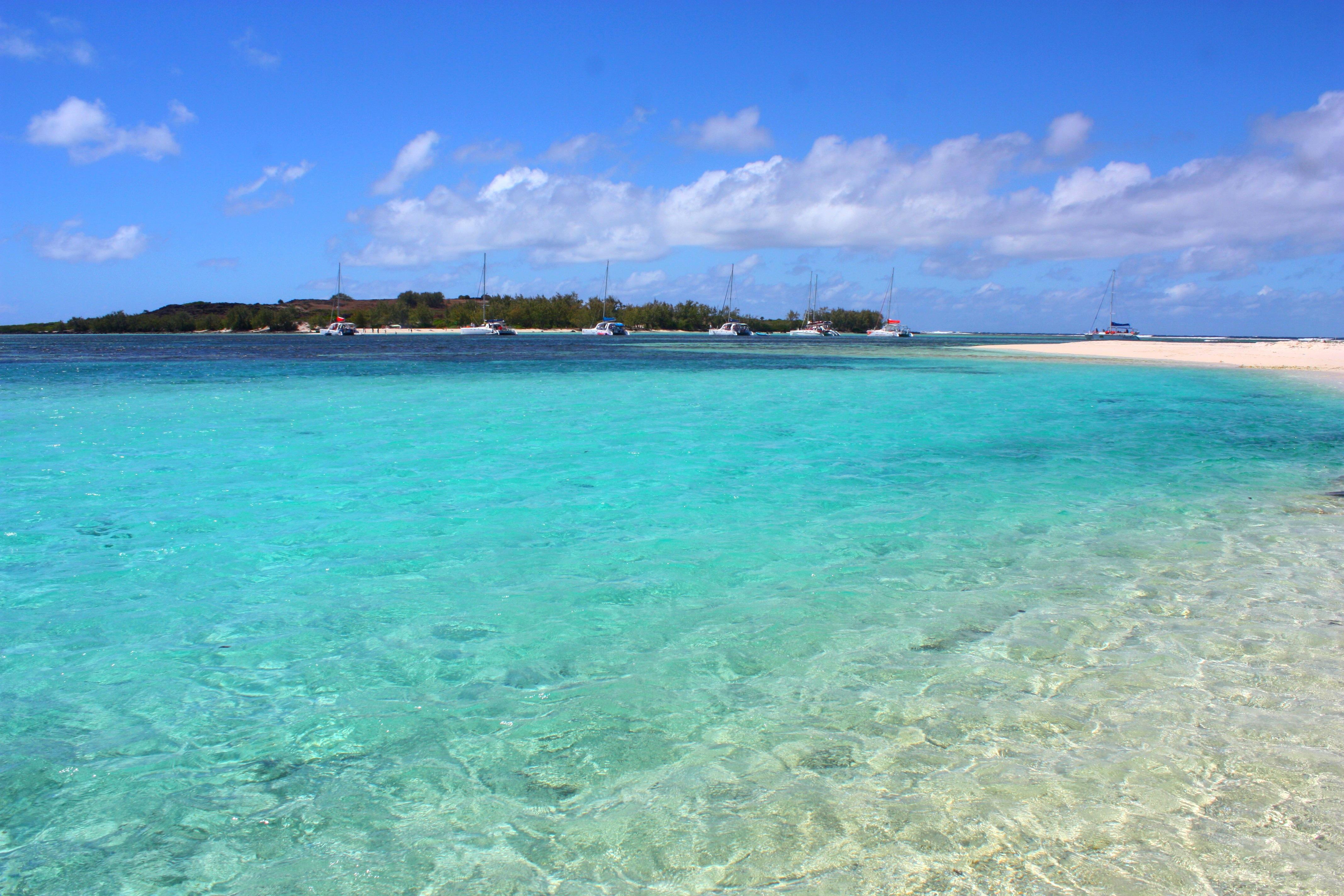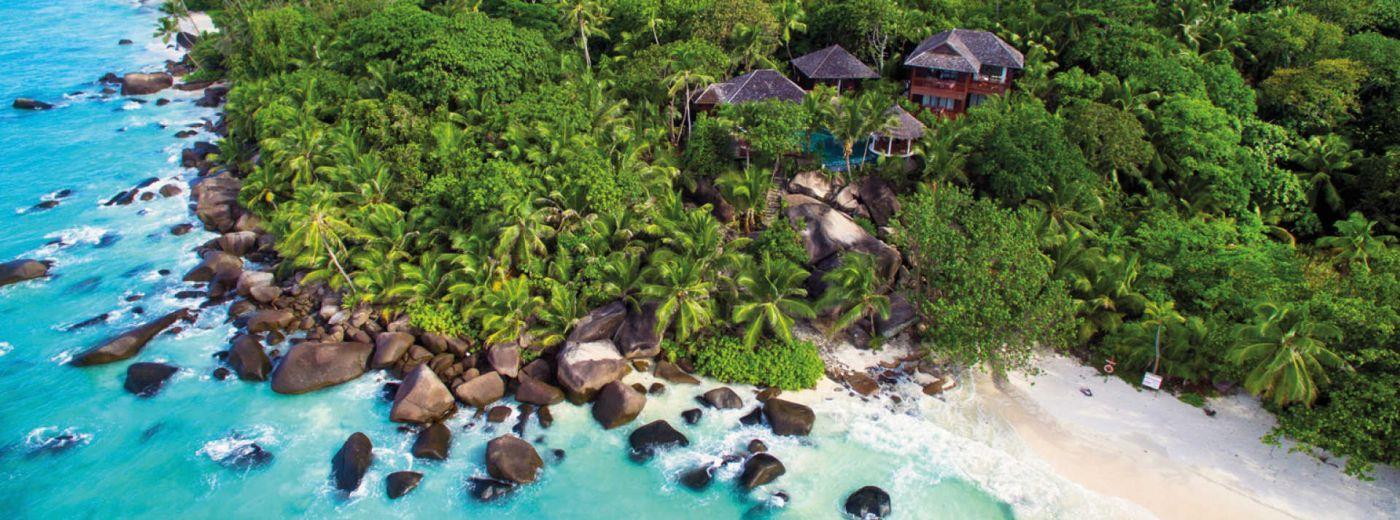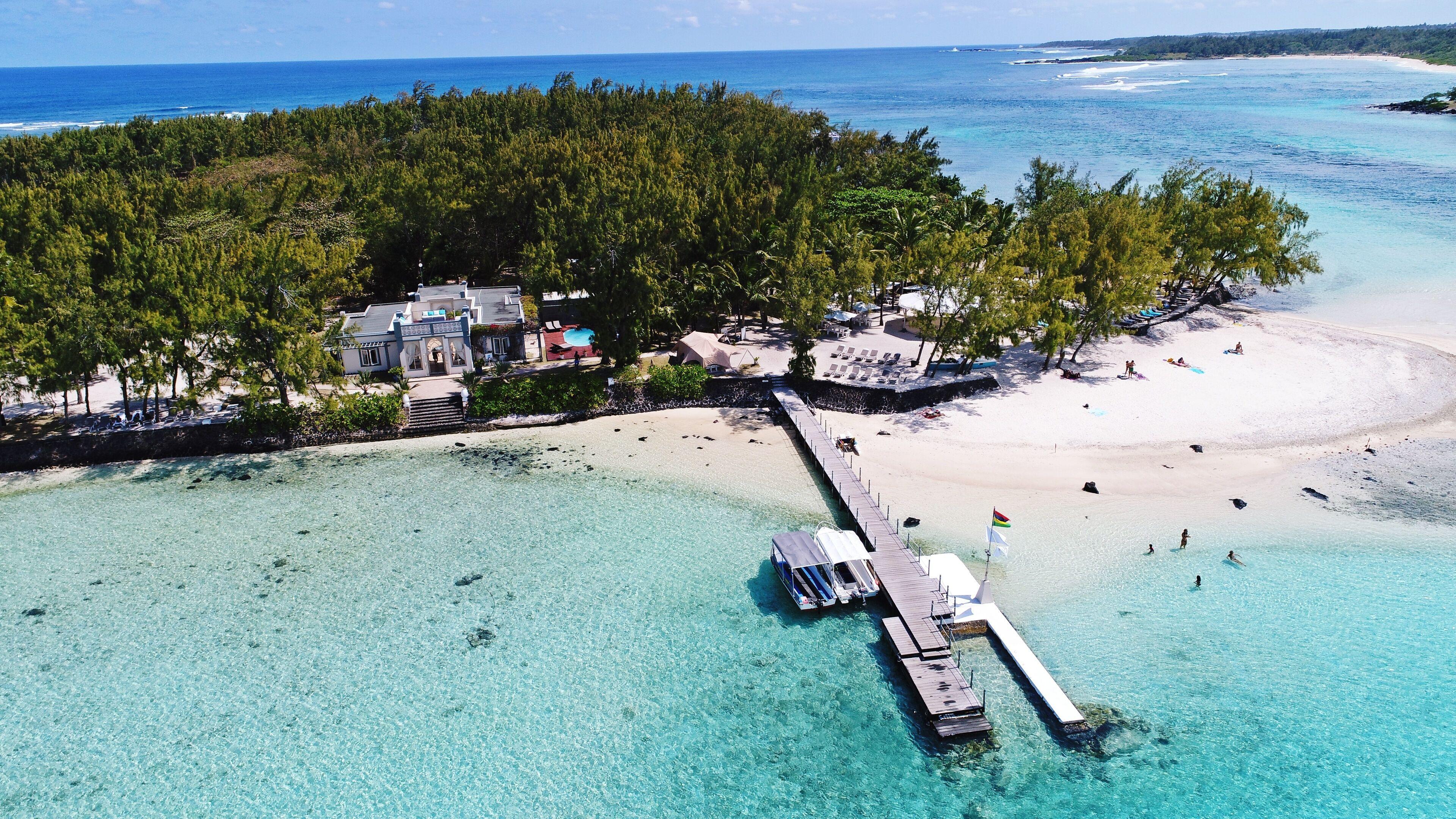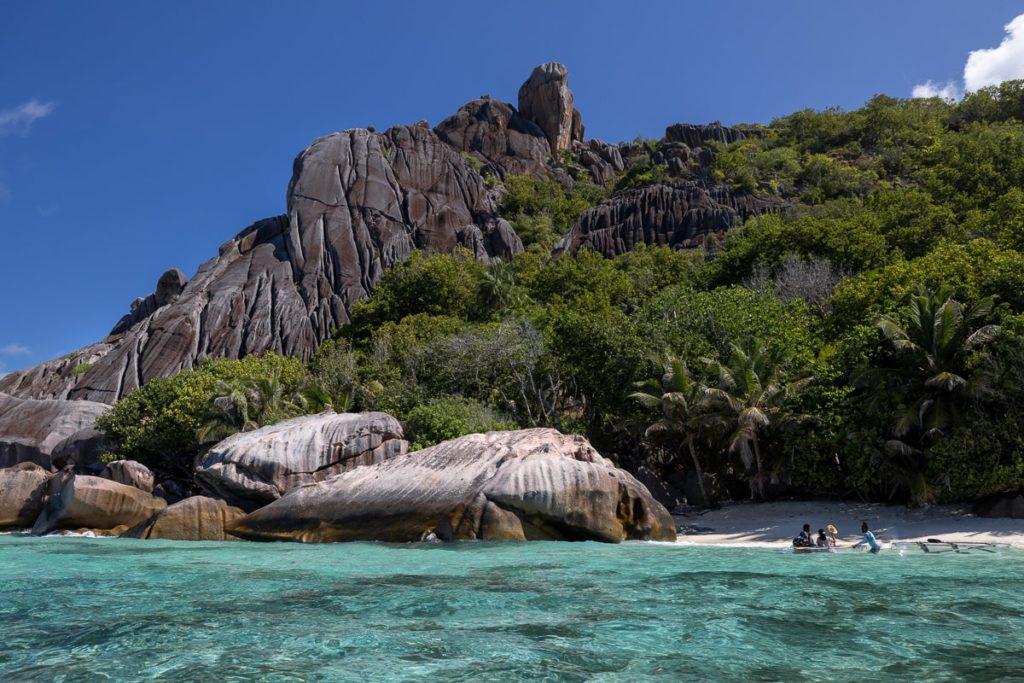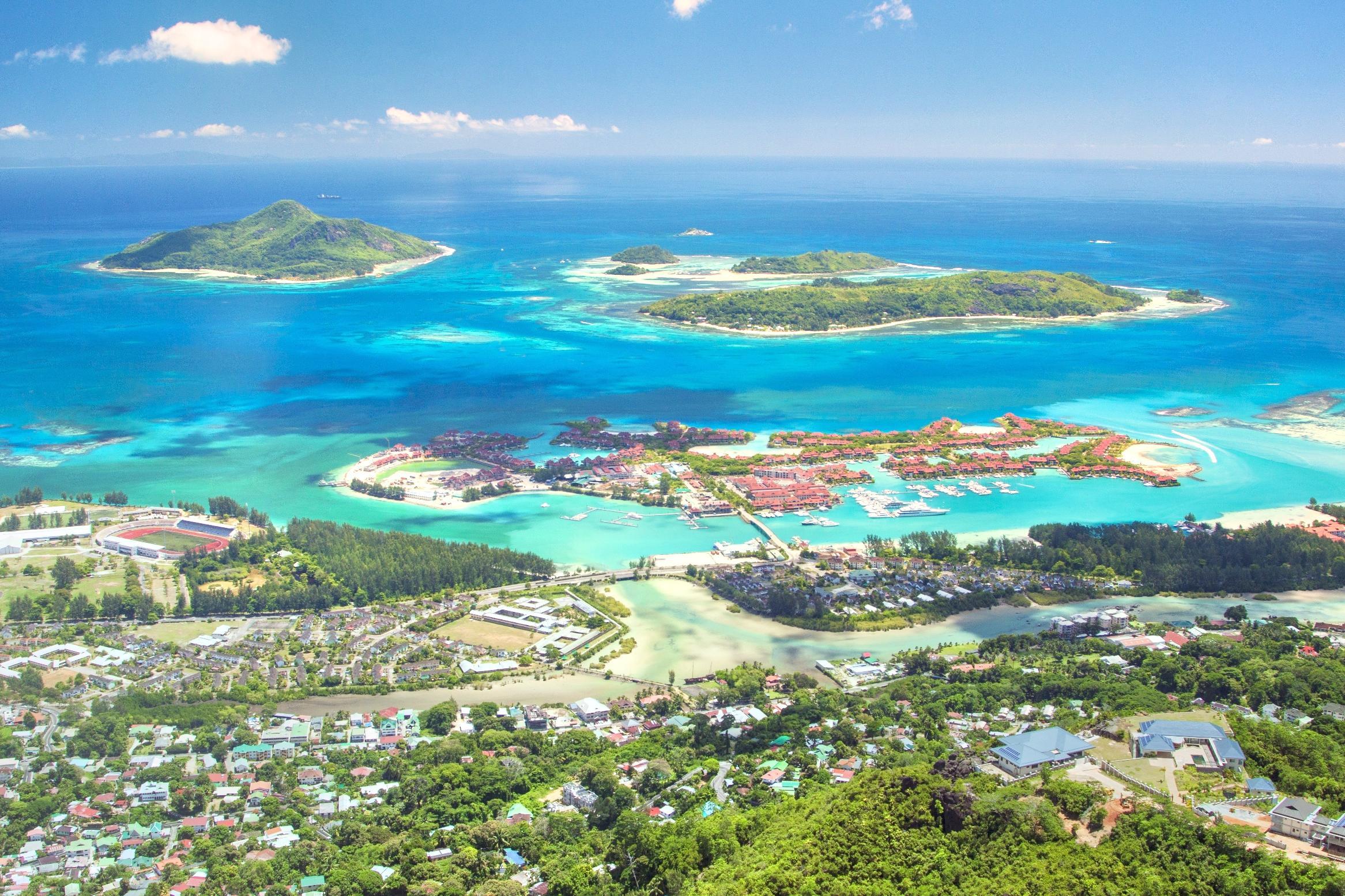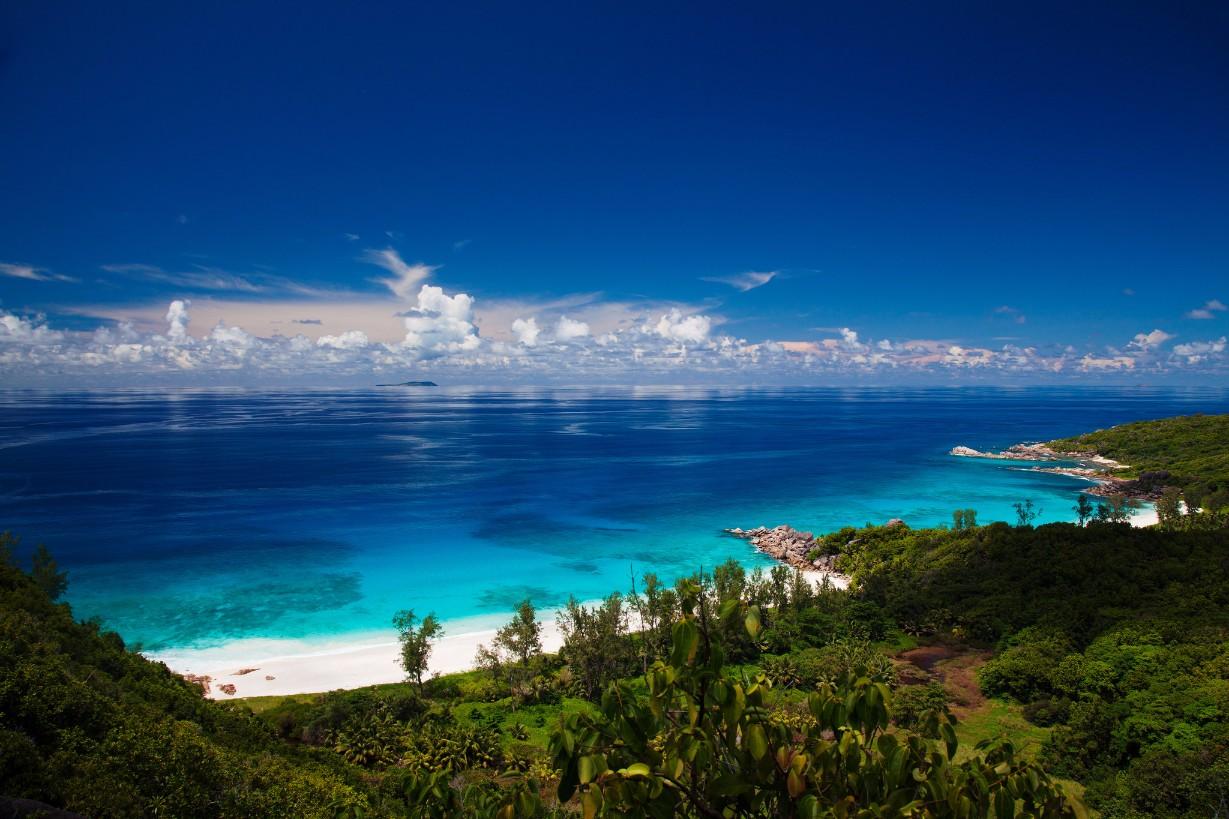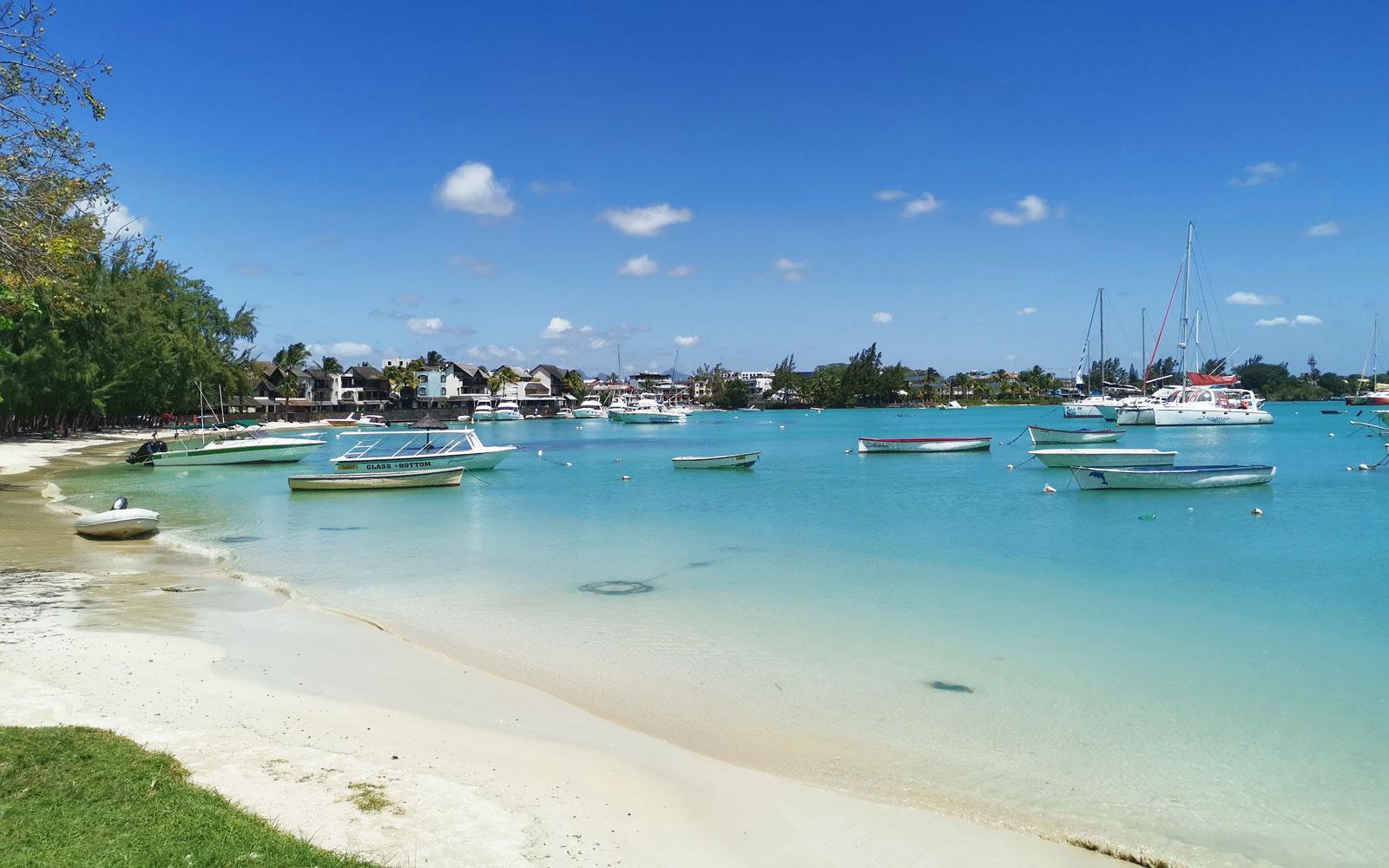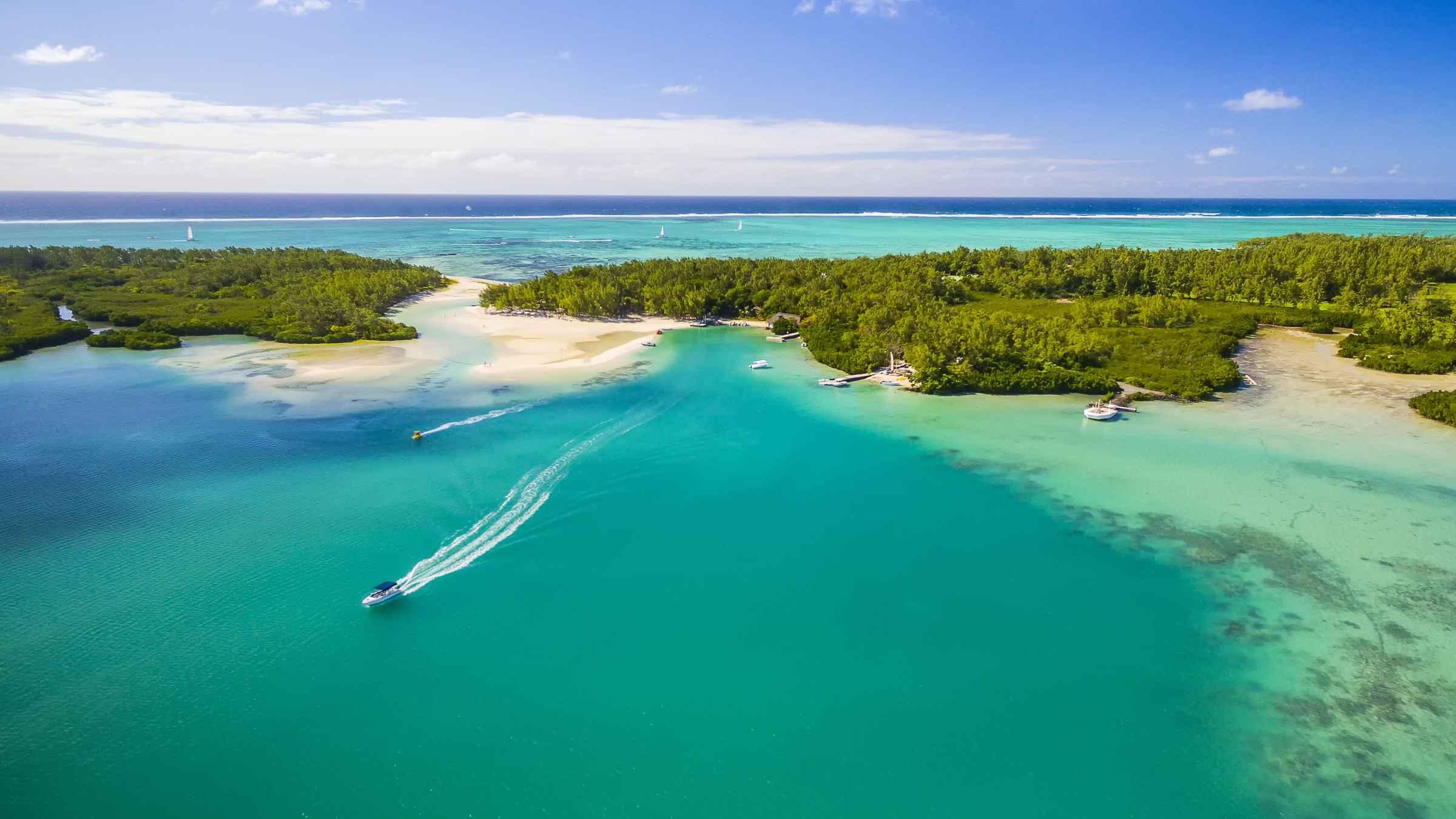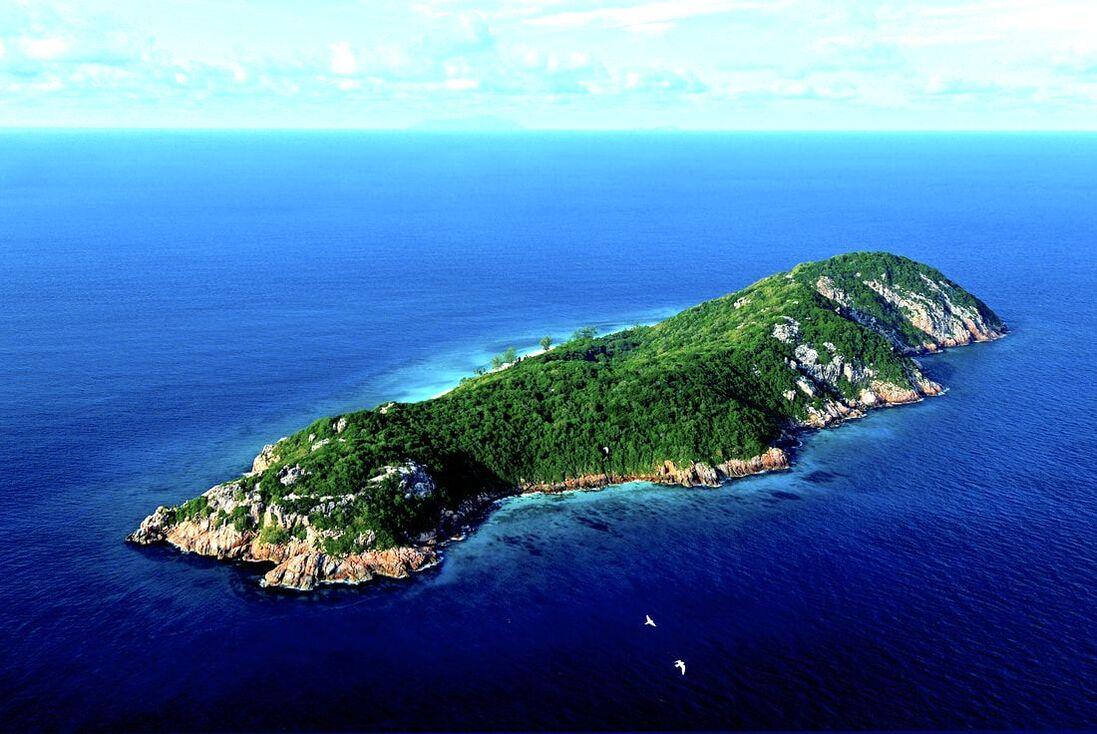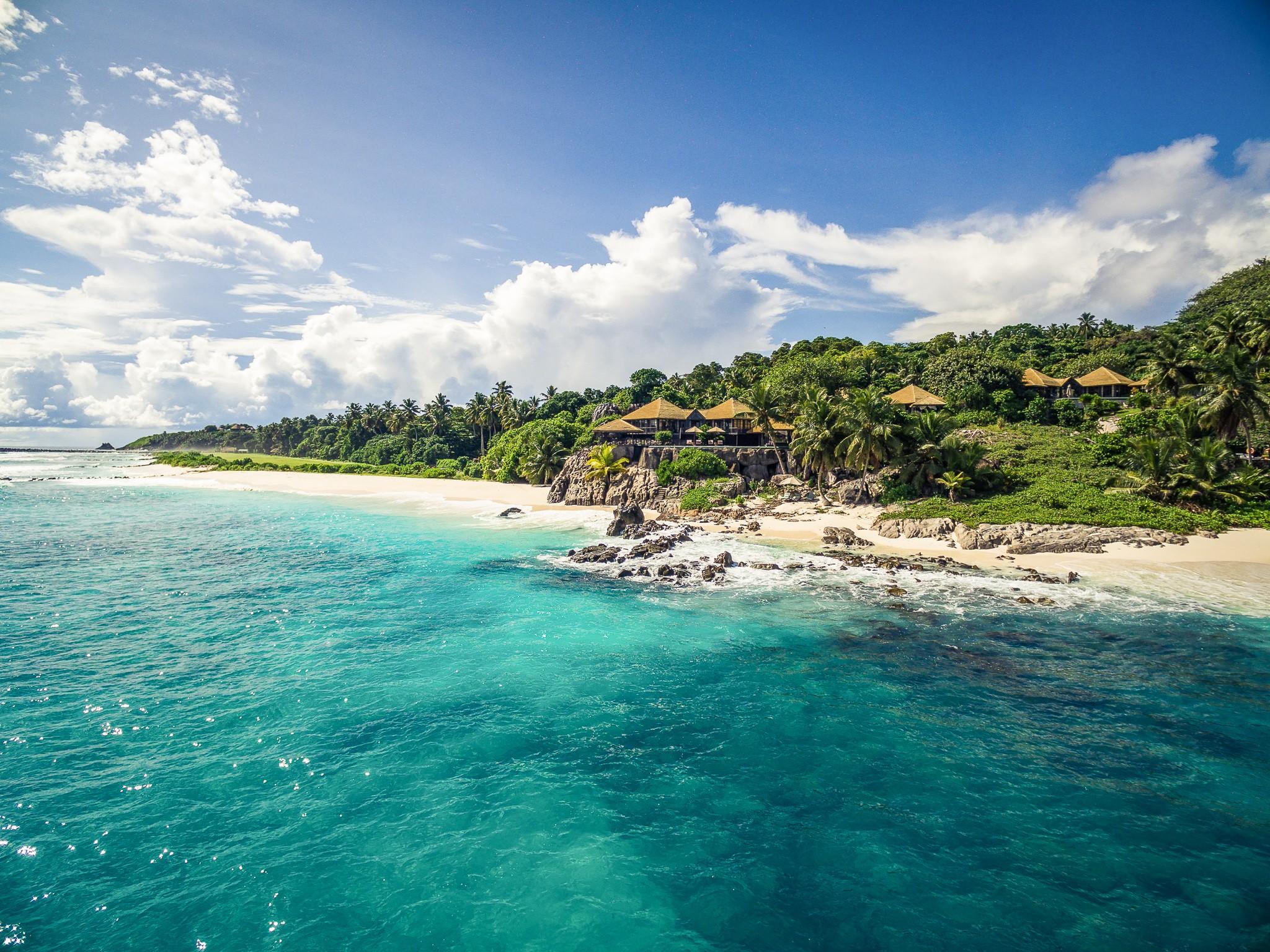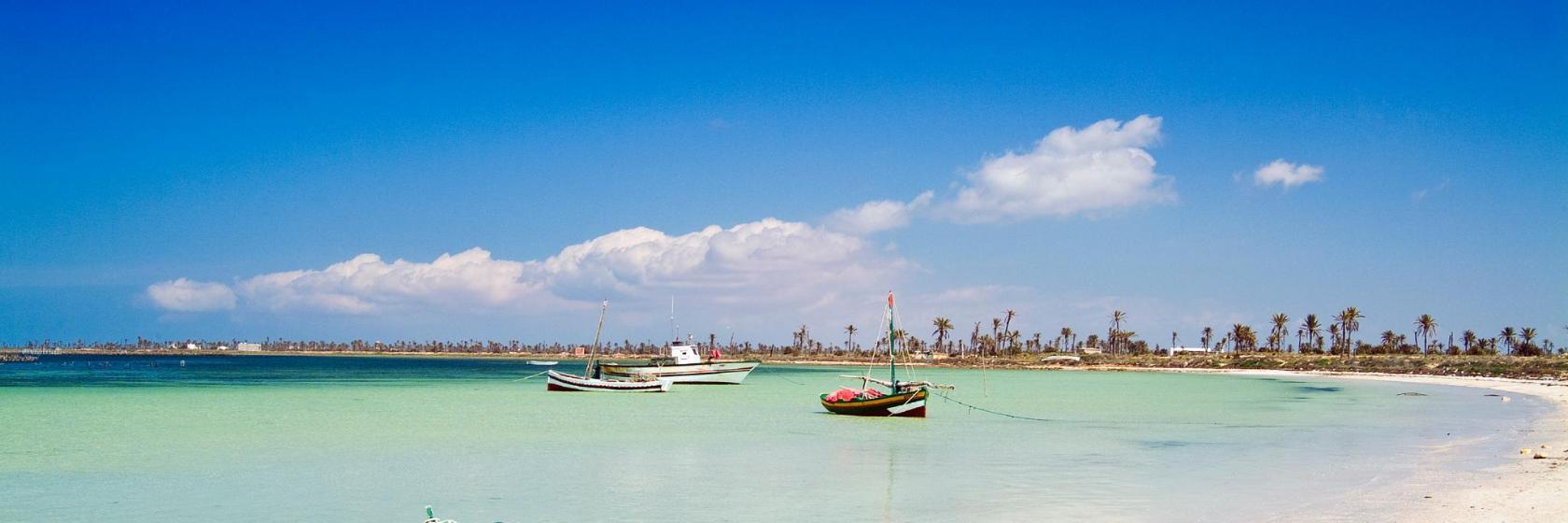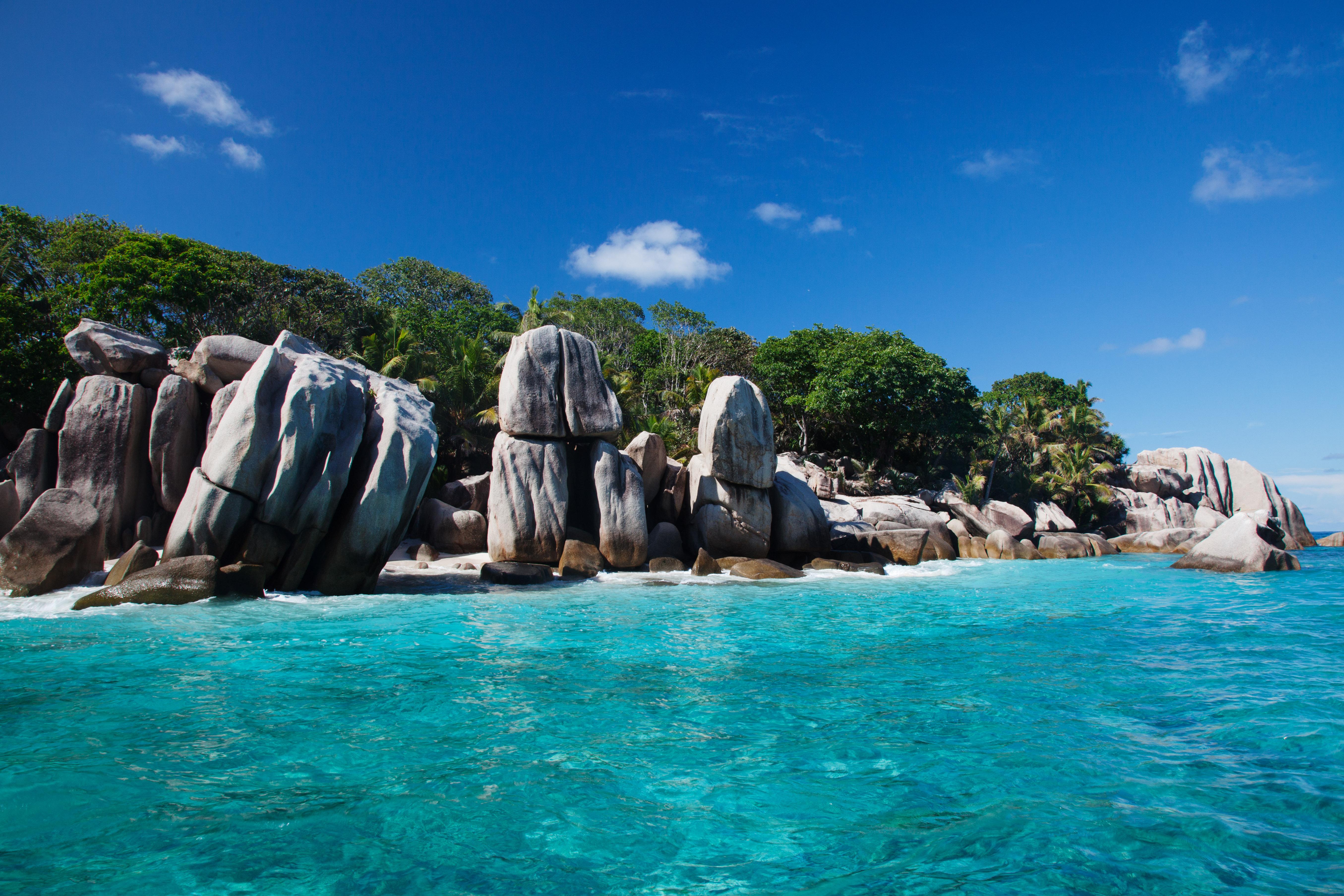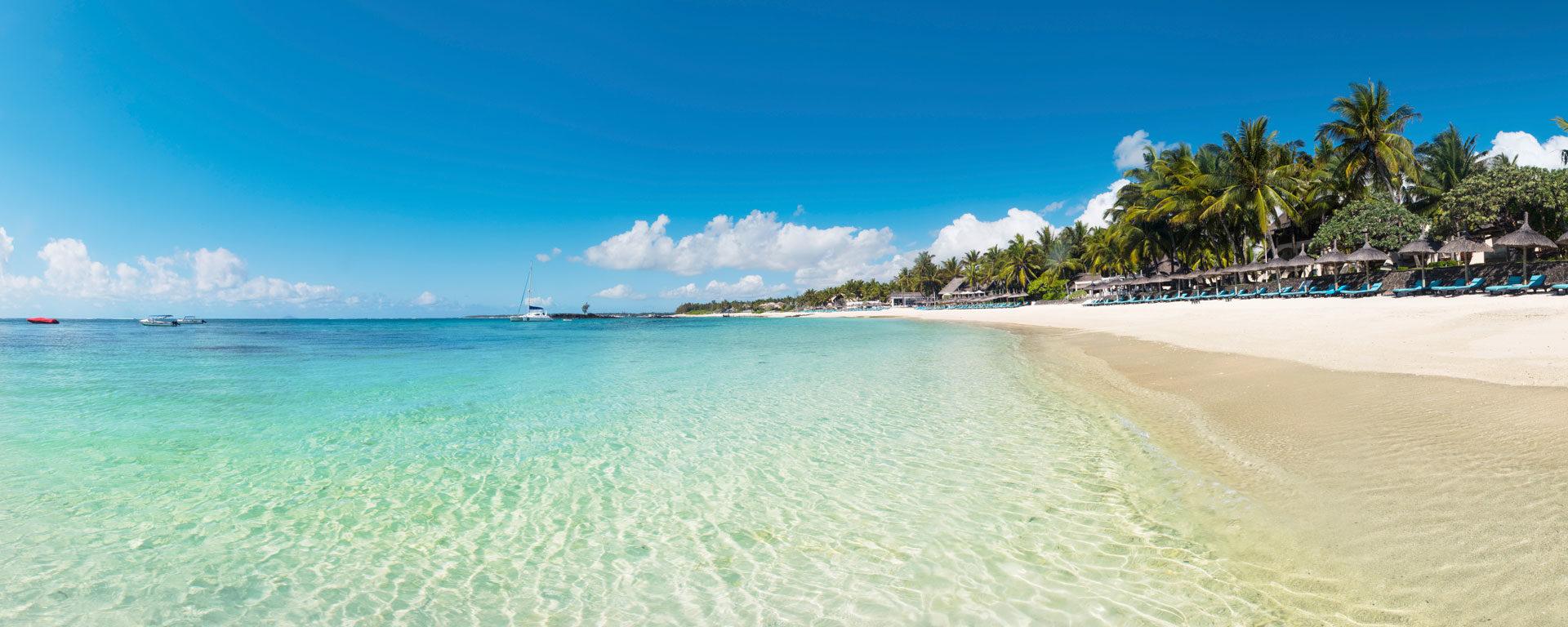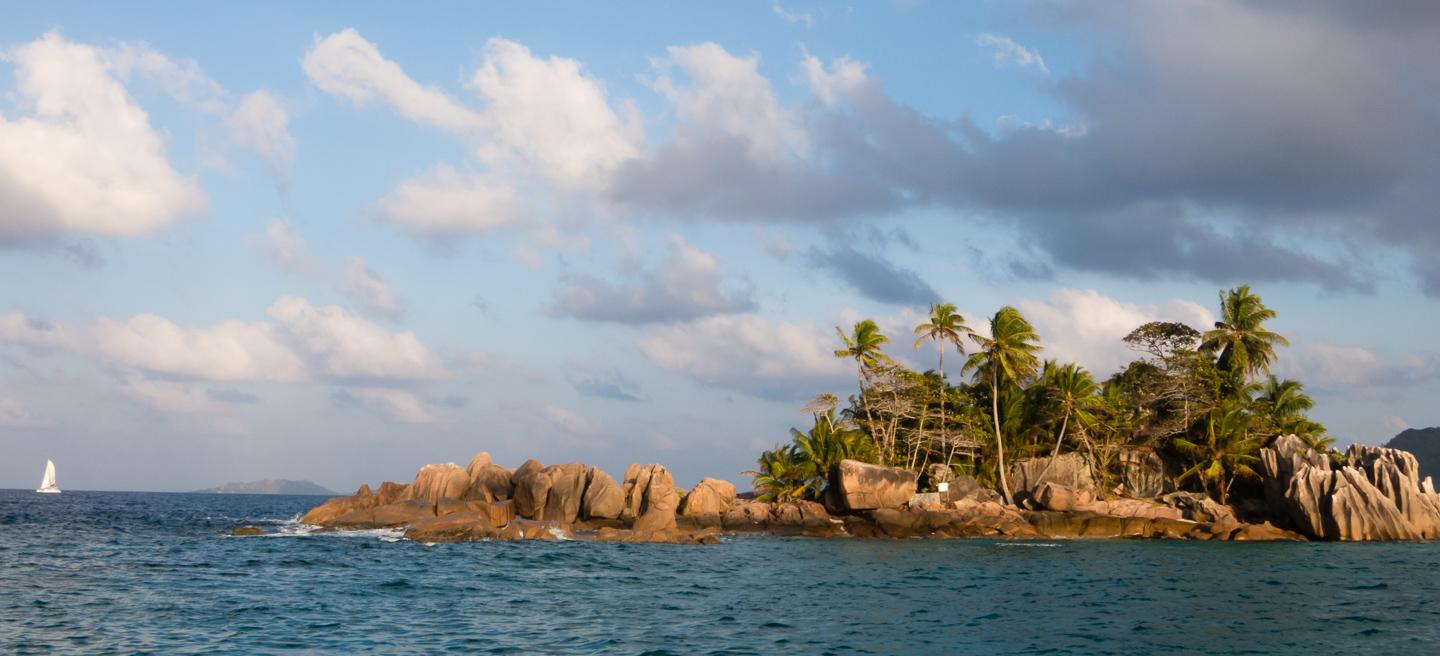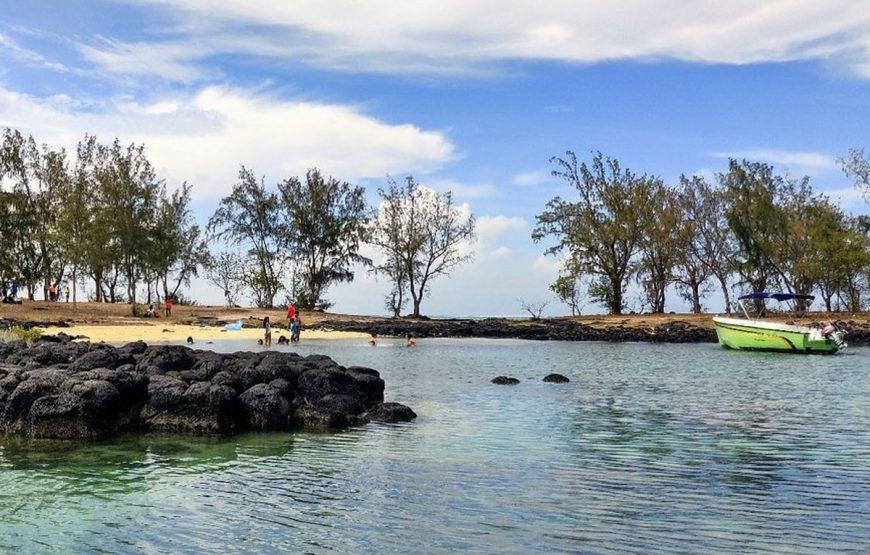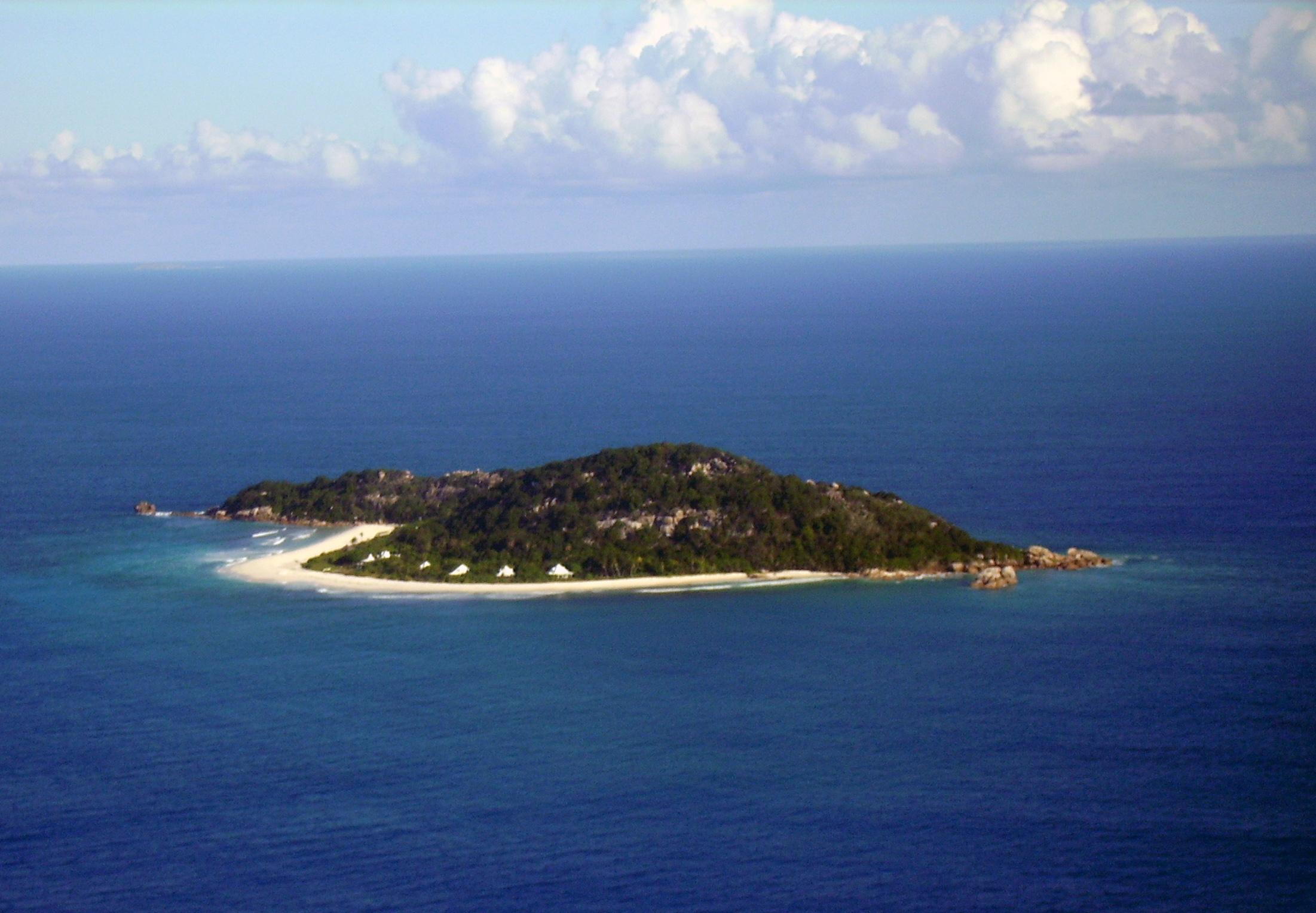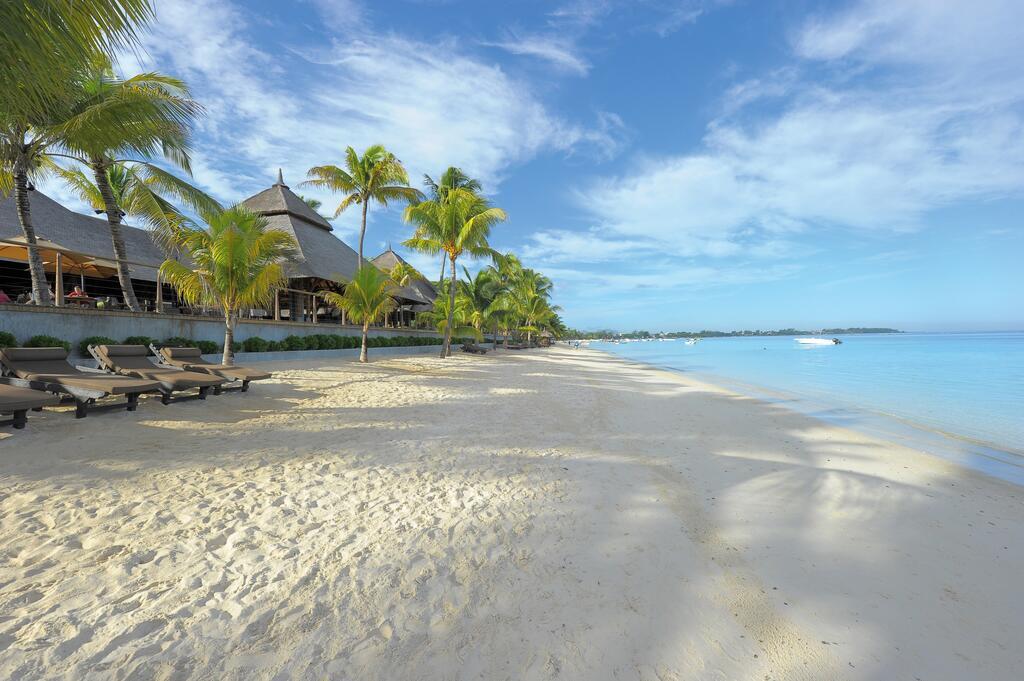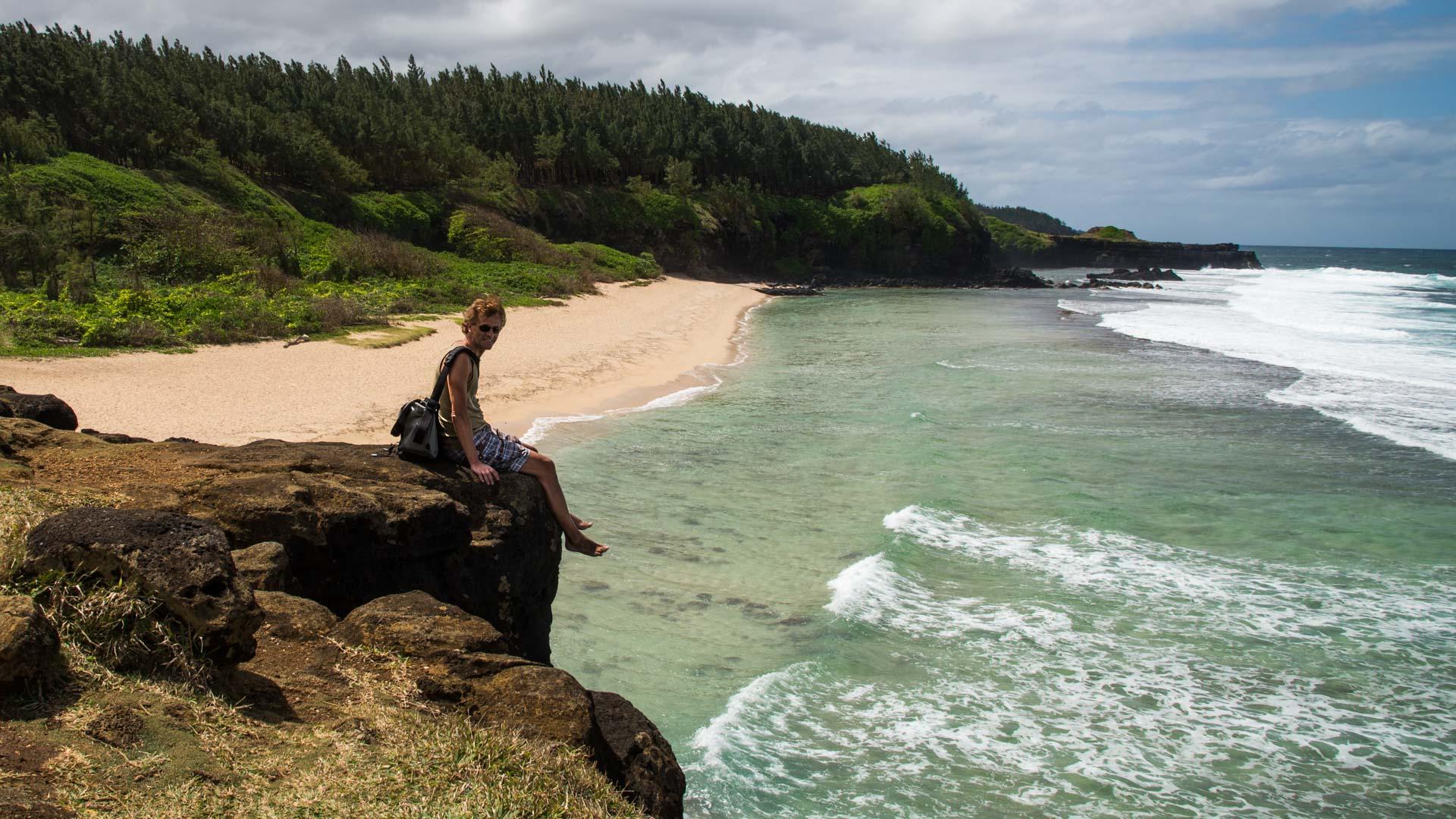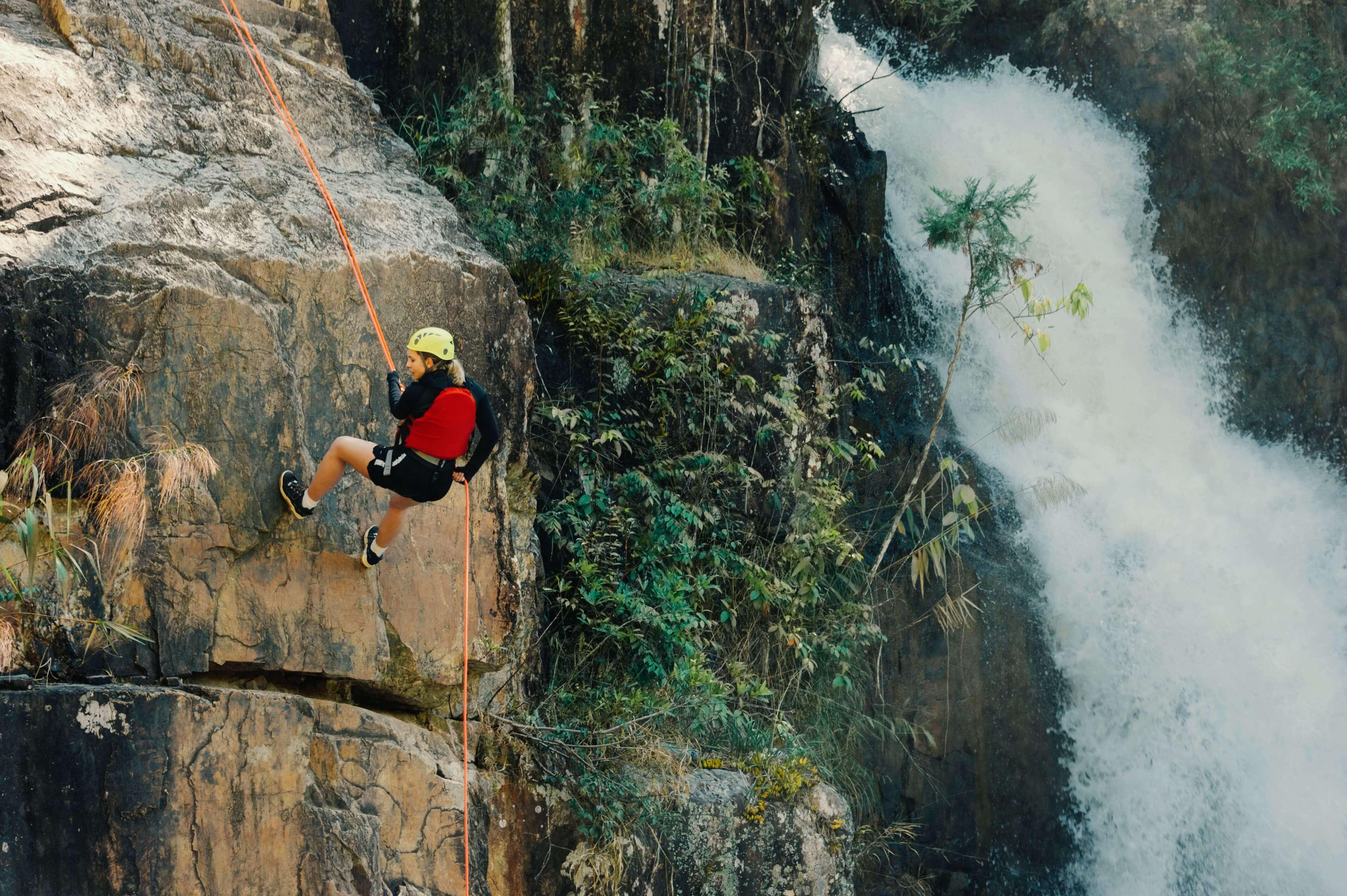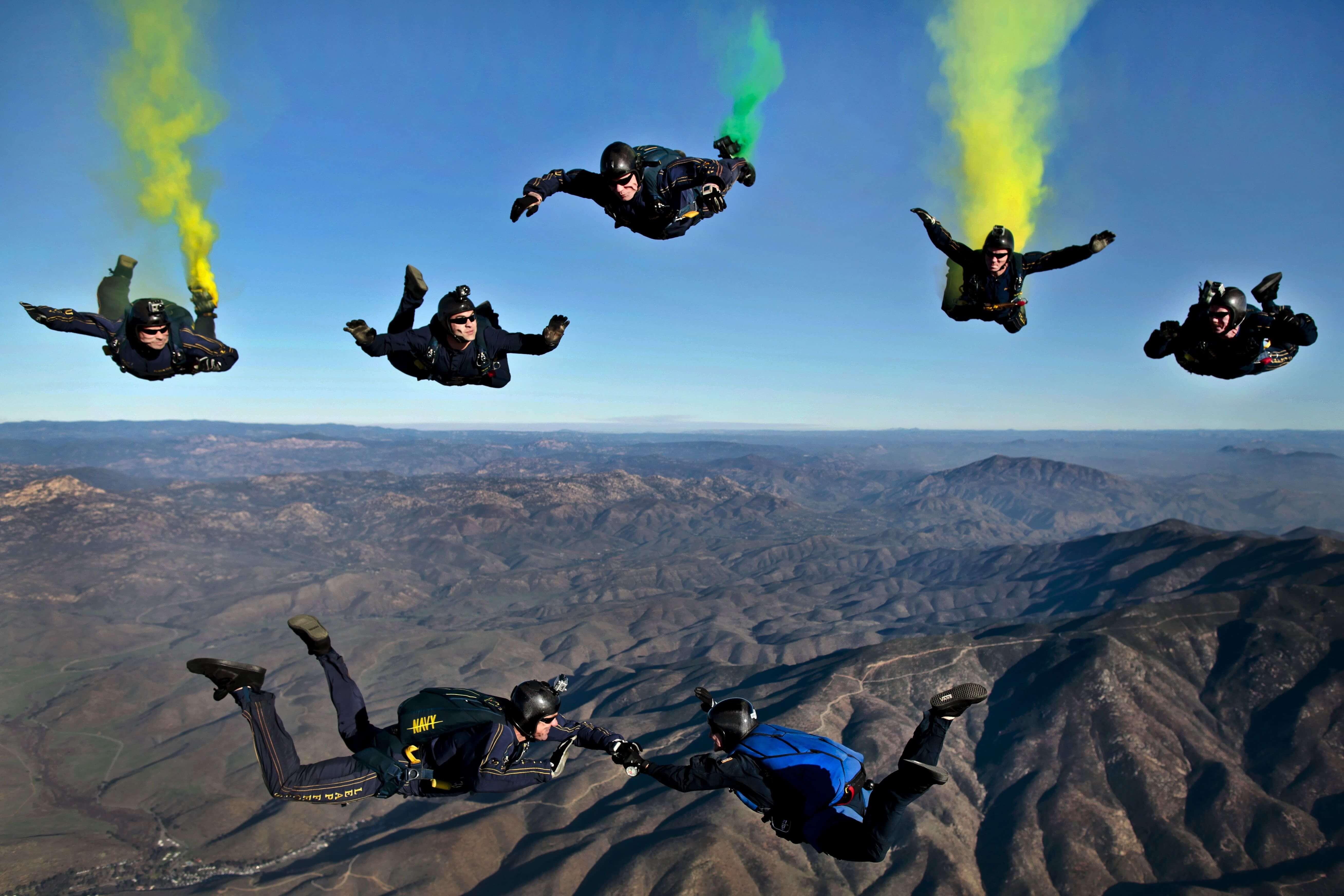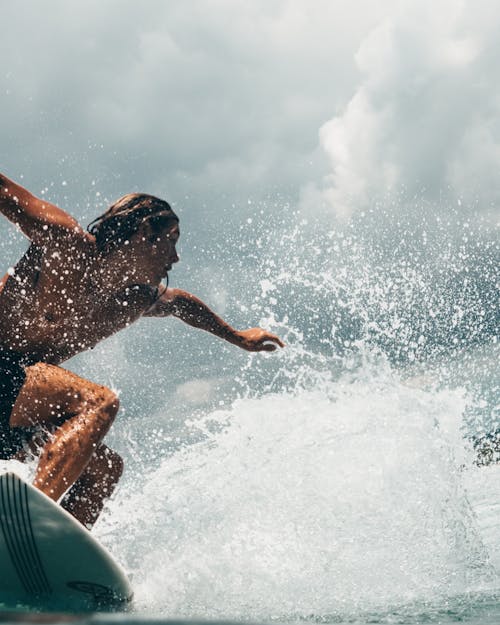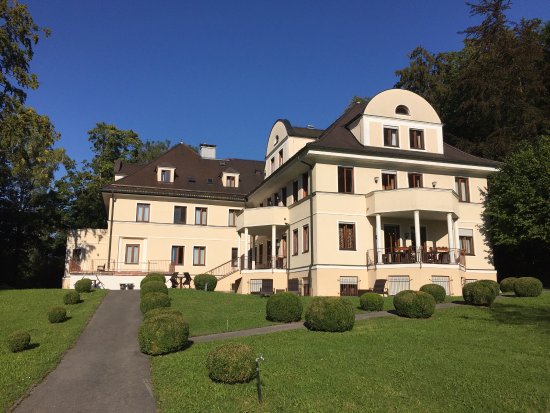Scuba diving
Scuba diving is a type of underwater diving whereby divers use breathing equipment that is completely independent of a surface air supply. The name "scuba", an acronym for "Self-Contained Underwater Breathing Apparatus", was coined by Christian J. Lambertsen in a patent submitted in 1952. Scuba dive...read more
rs carry their own source of breathing gas, usually compressed air, affording them greater independence and movement than surface-supplied divers, and more time underwater than free divers. Although the use of compressed air is common, a gas blend with a higher oxygen content, known as enriched air or nitrox, has become popular due to the reduced nitrogen intake during long and/or repetitive dives. Also, breathing gas diluted with helium may be used to reduce the likelihood and effects of nitrogen narcosis during deeper dives
Places to go
The easiest way to plan your trip
See the best of tours, attractions and activities you won’t want to miss

Enjoy up to 50% on hotels and restaurants
Experience the best tours, attractions & activities you won’t want to miss.
